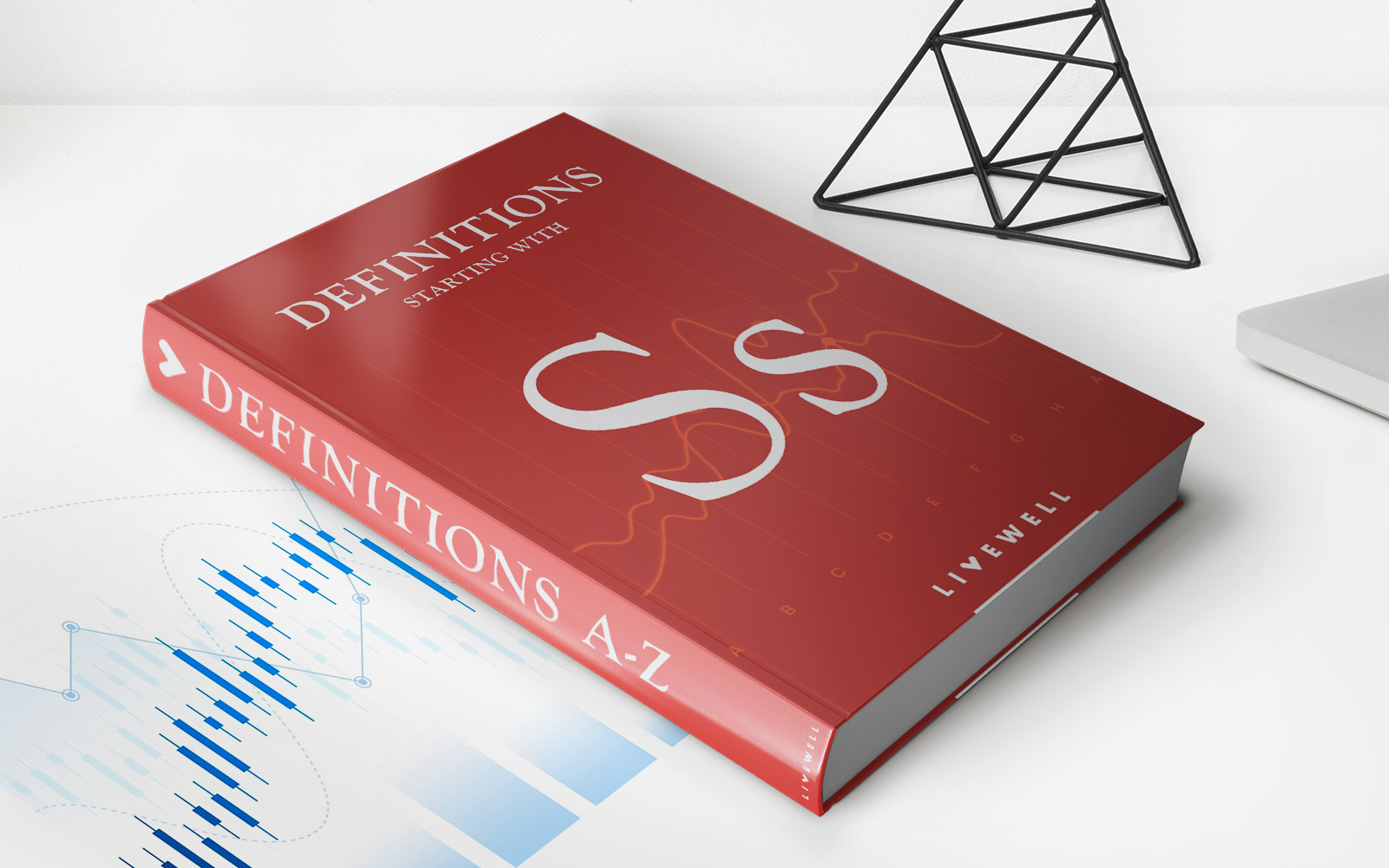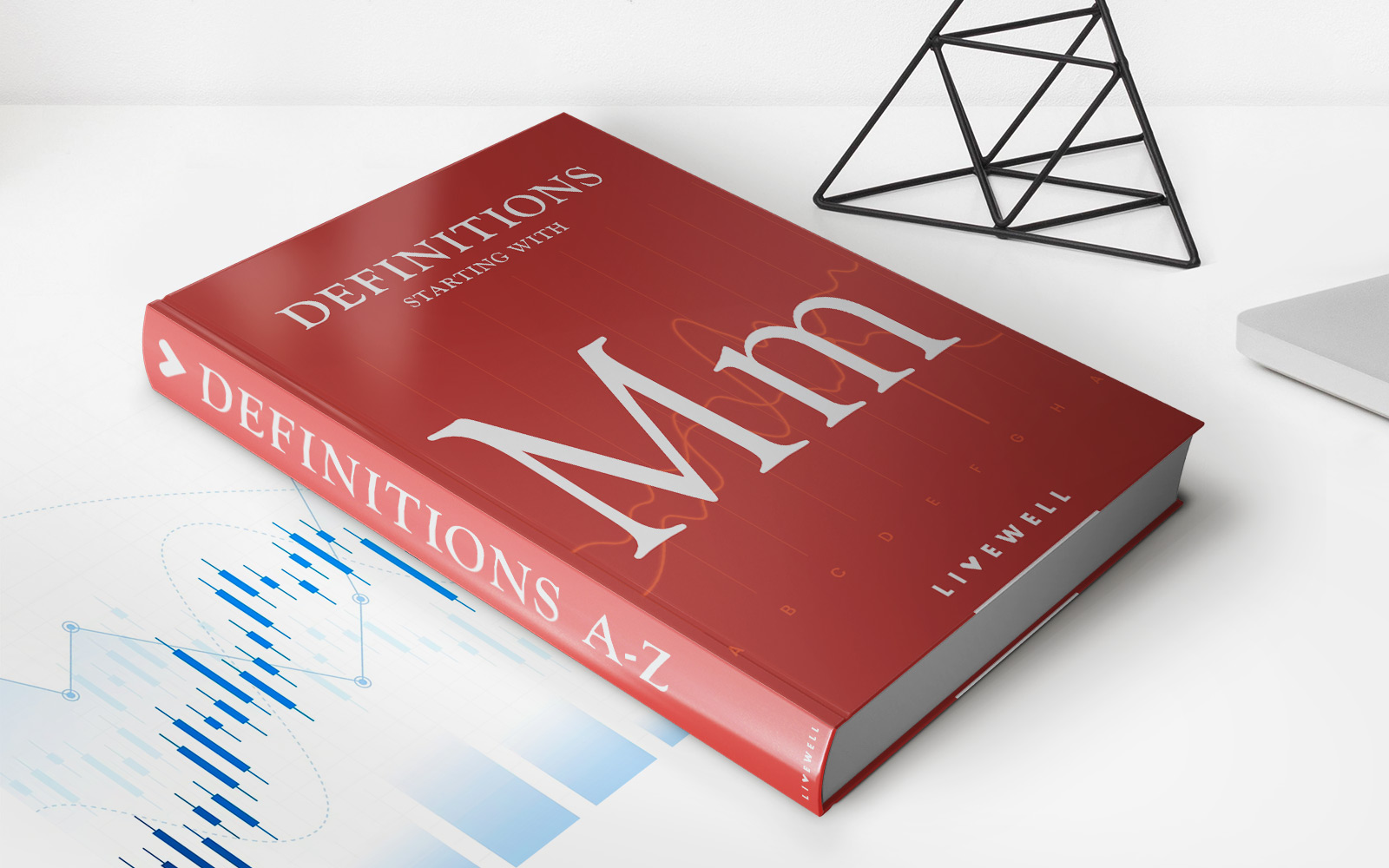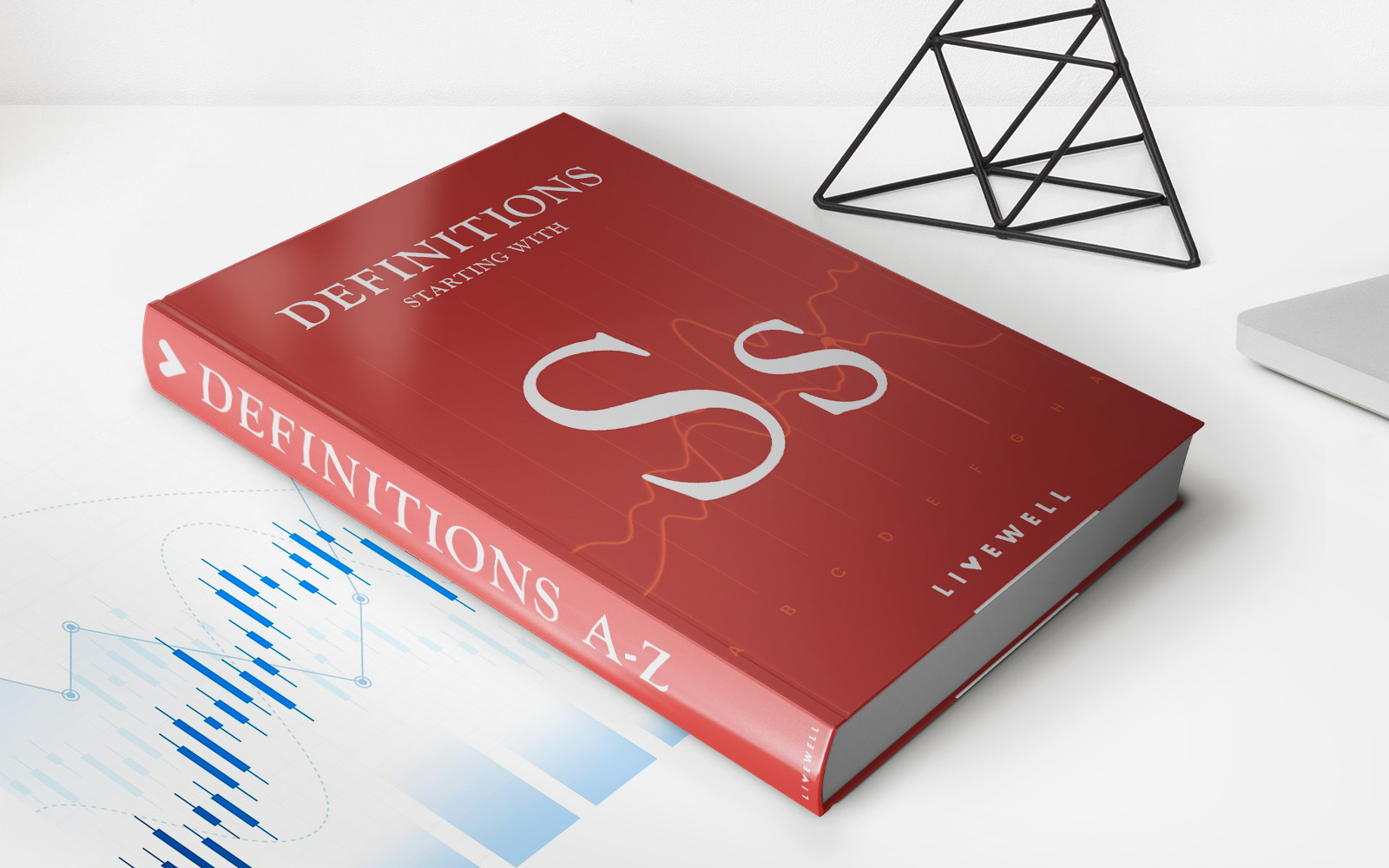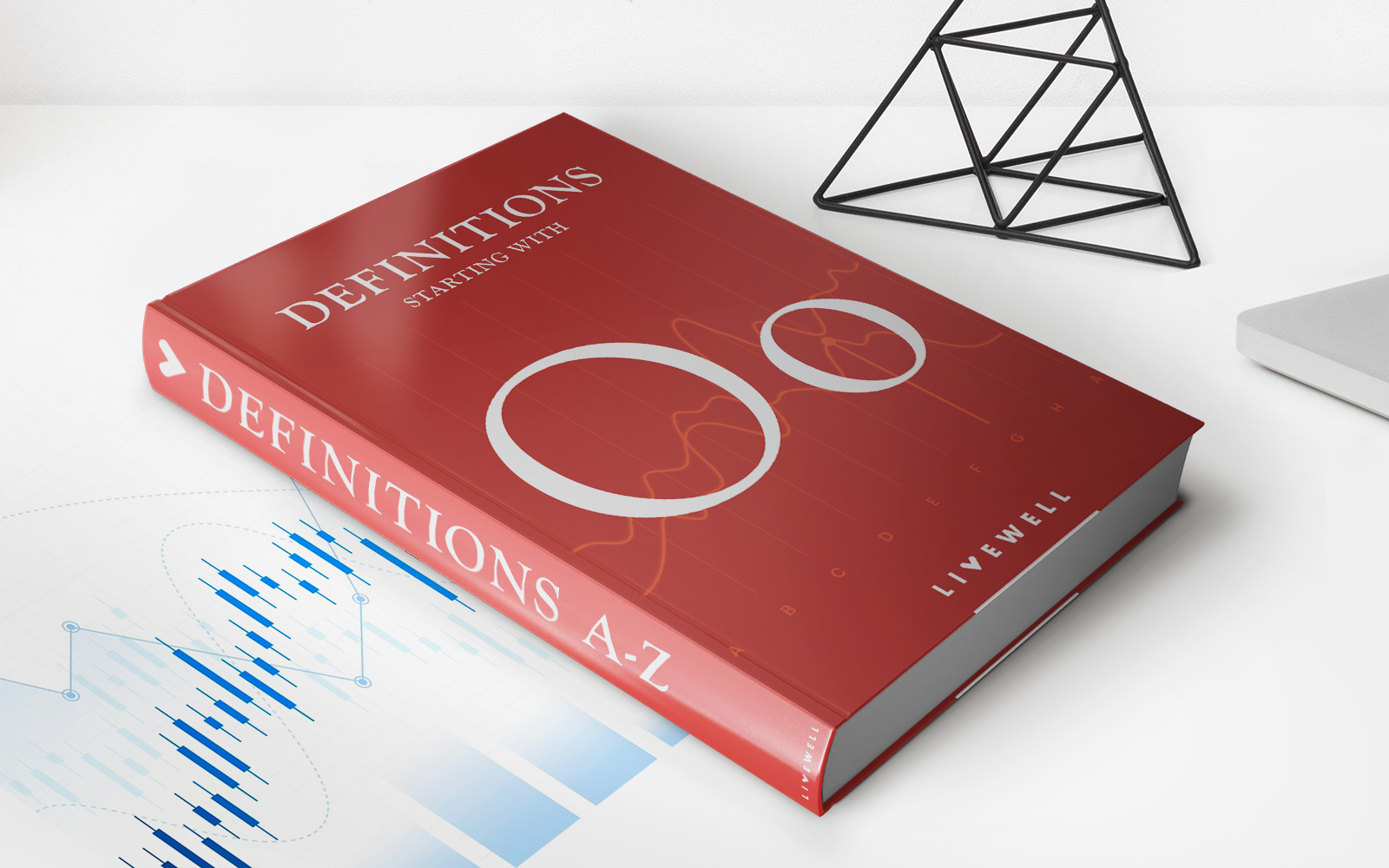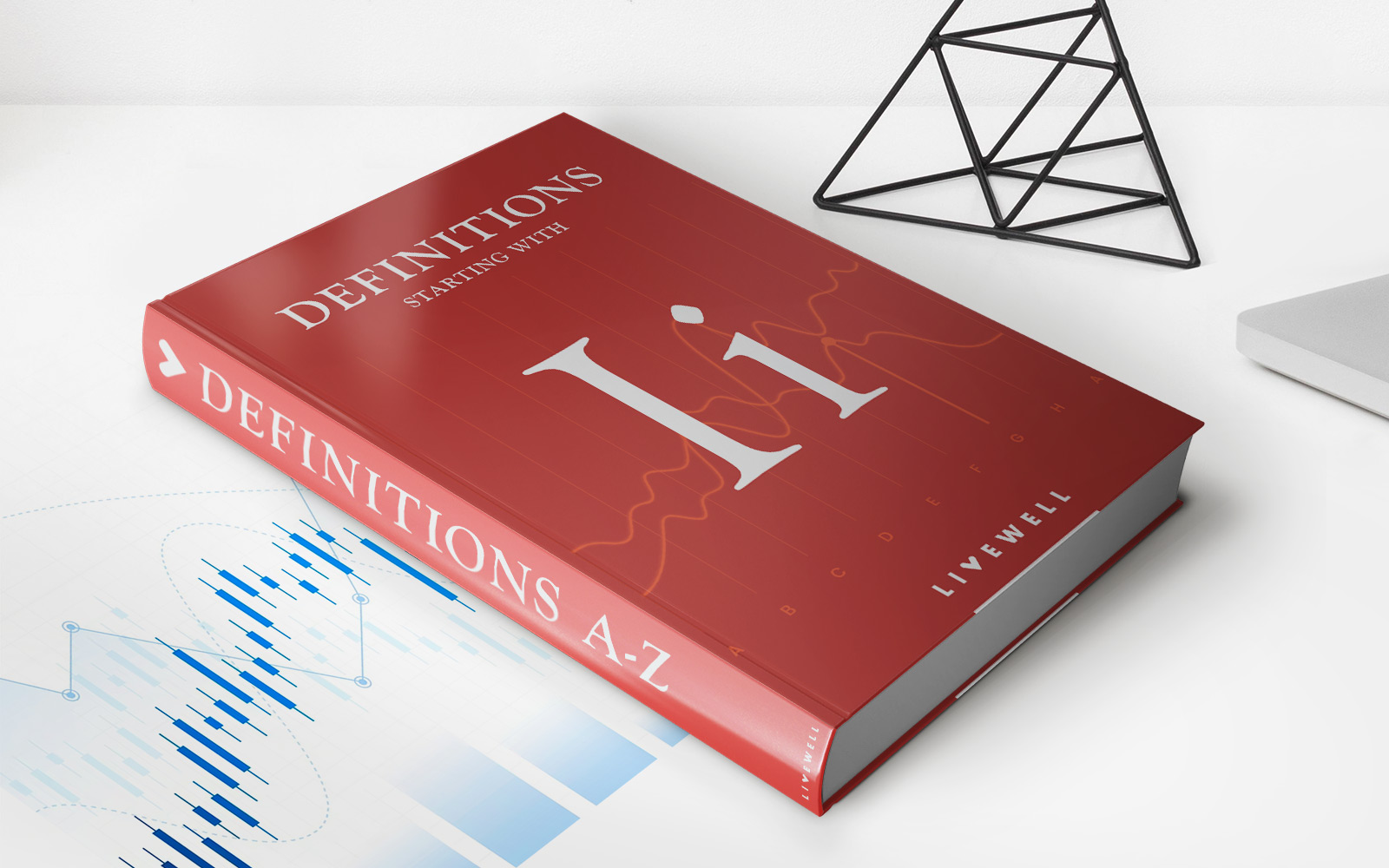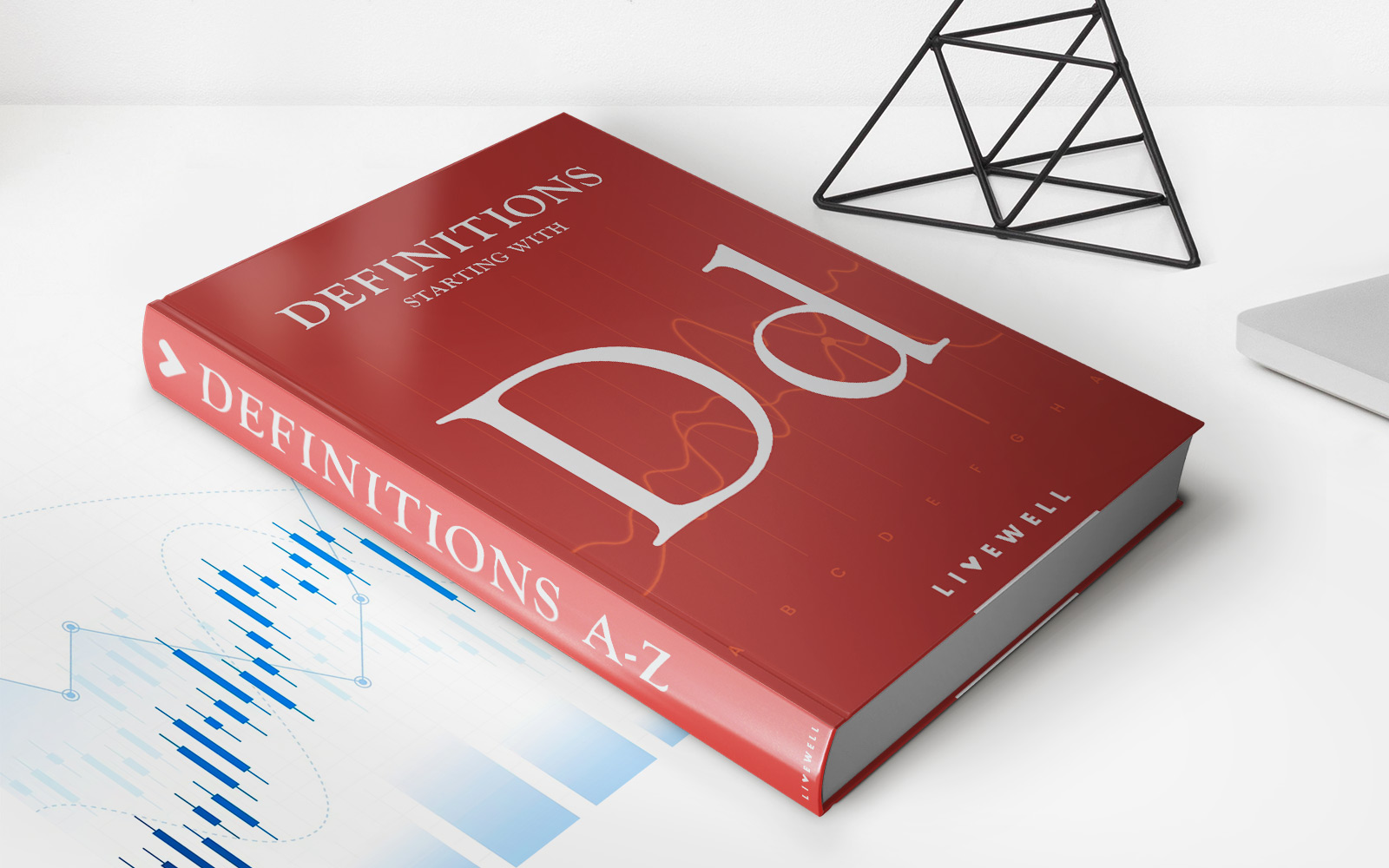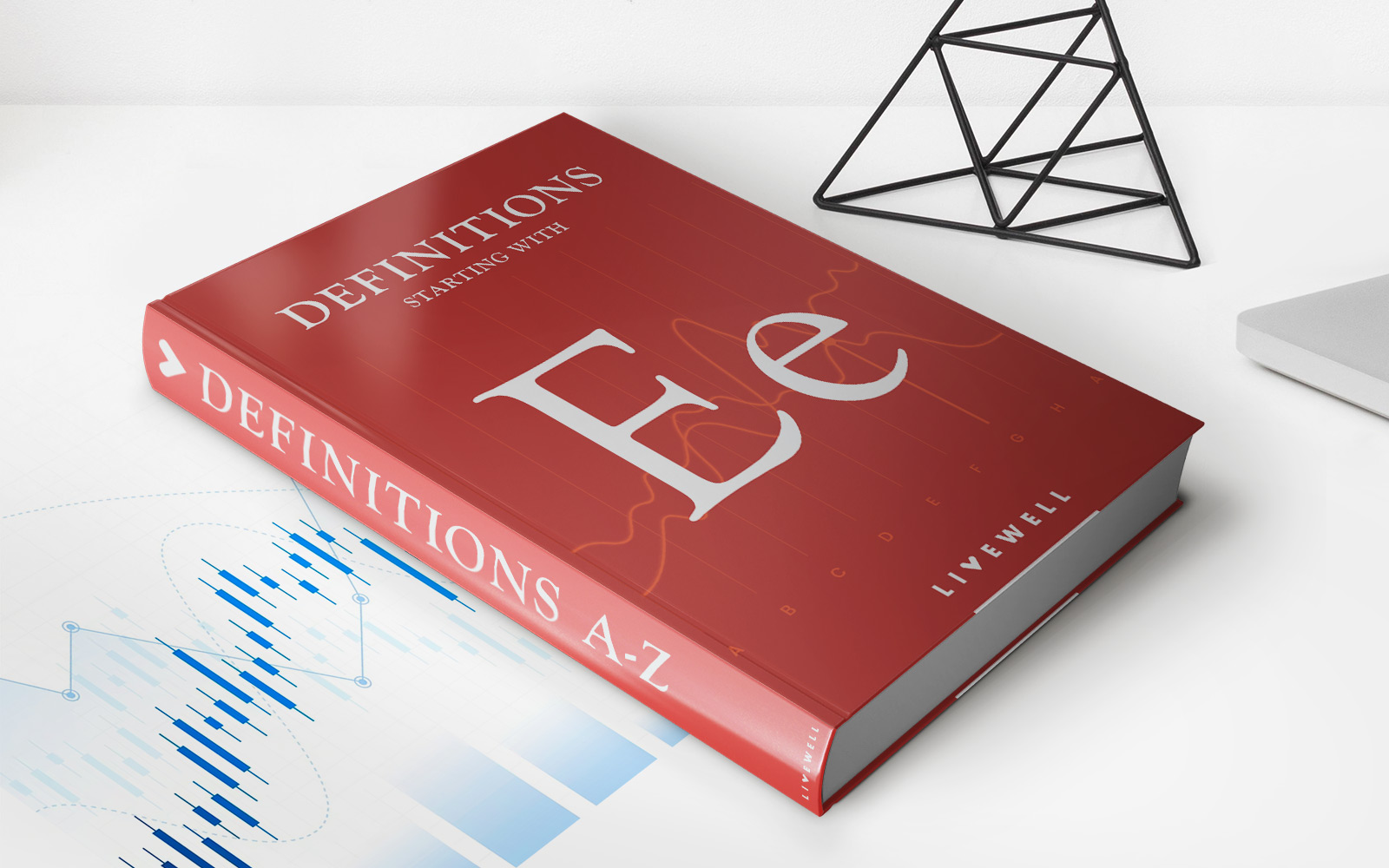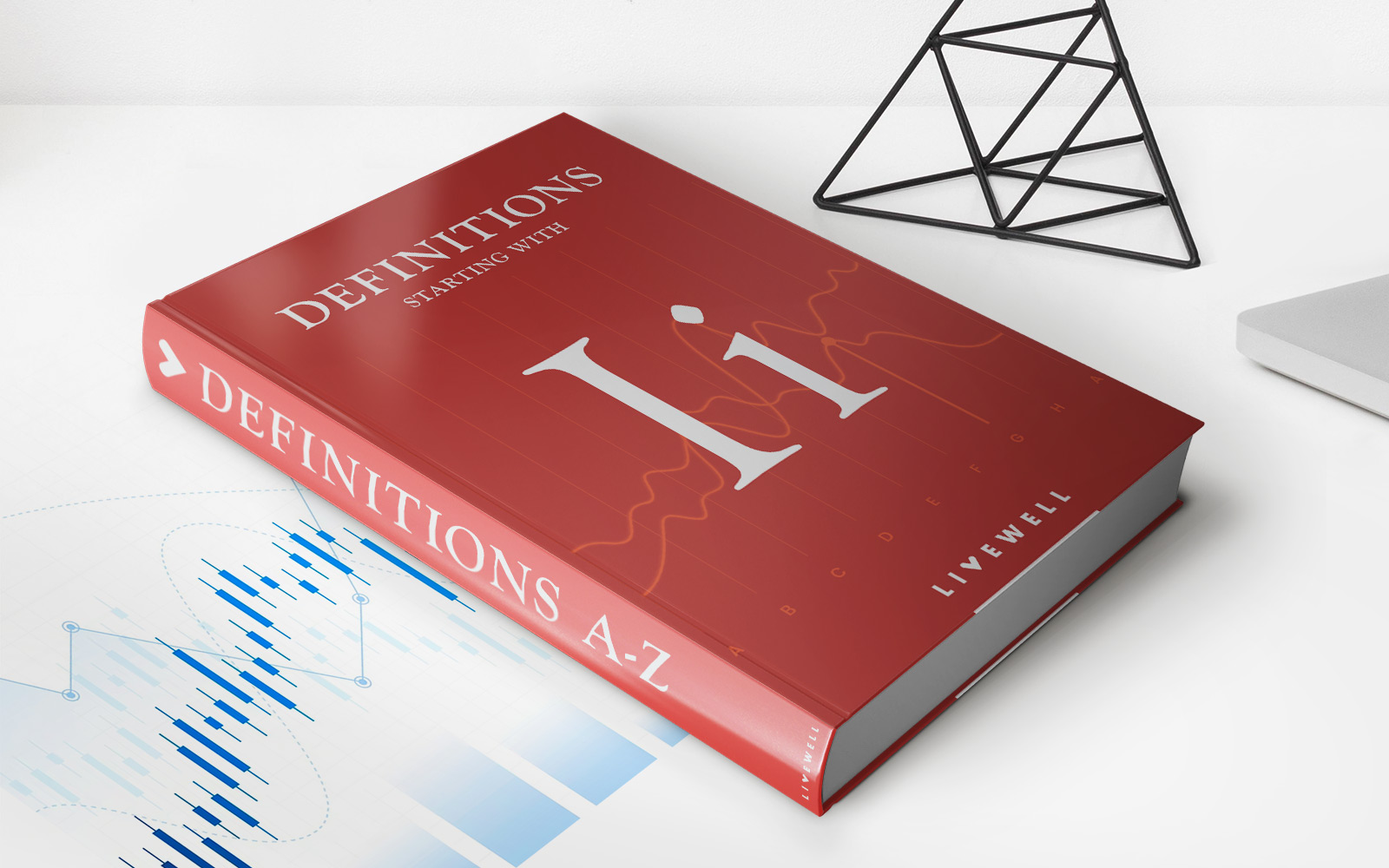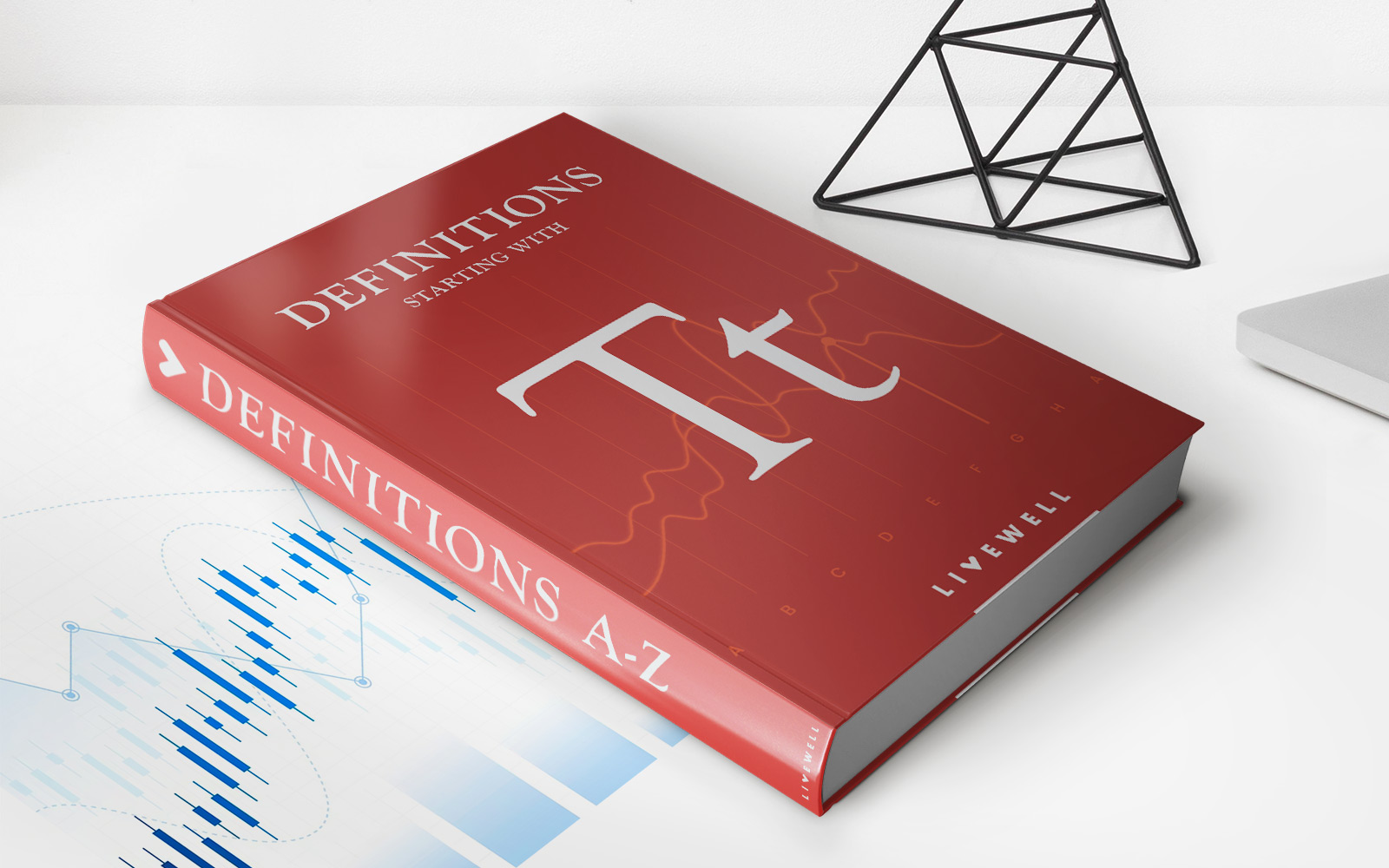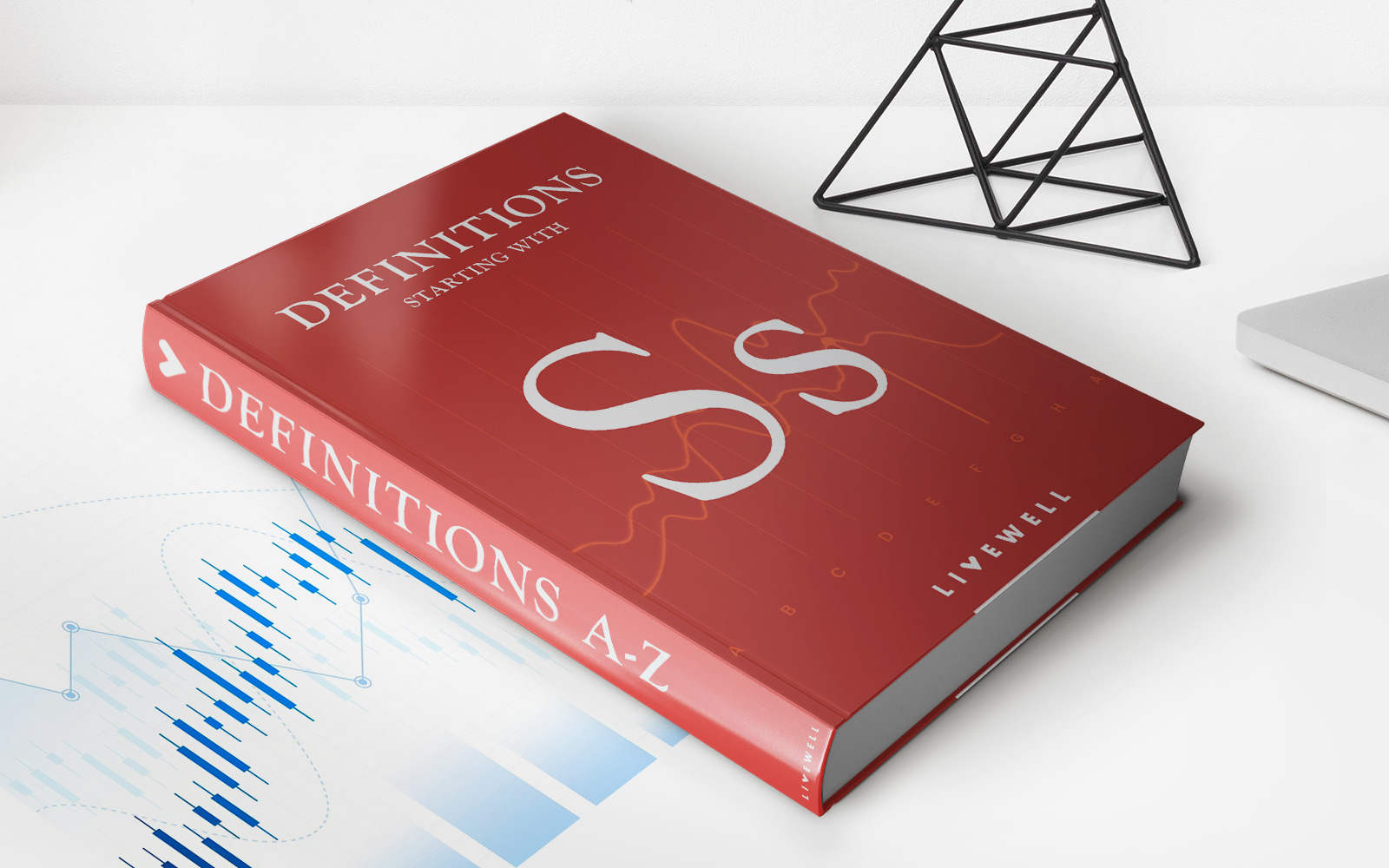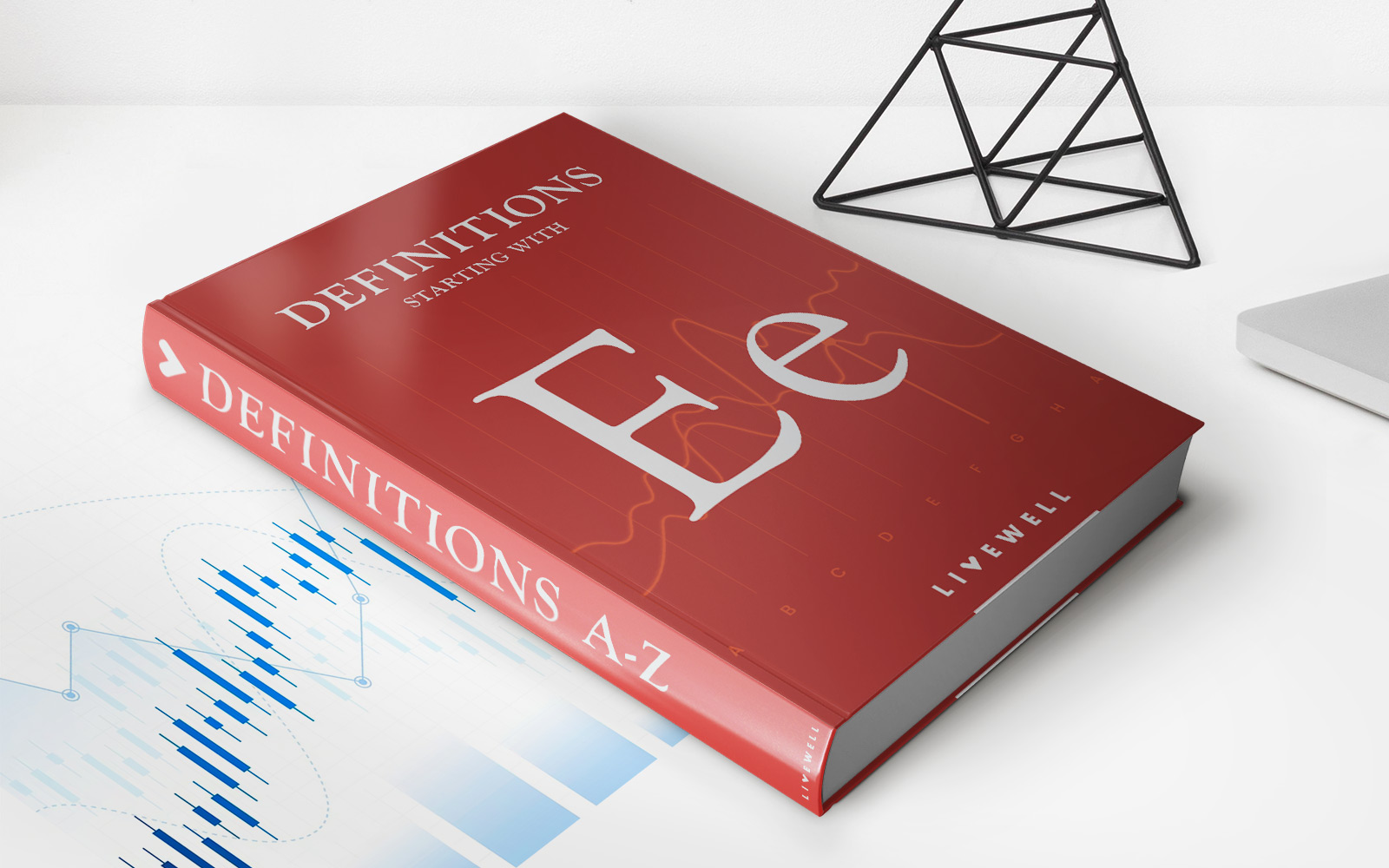Home>Finance>Exchange Fund: Definition, How It Works, Tax Advantages
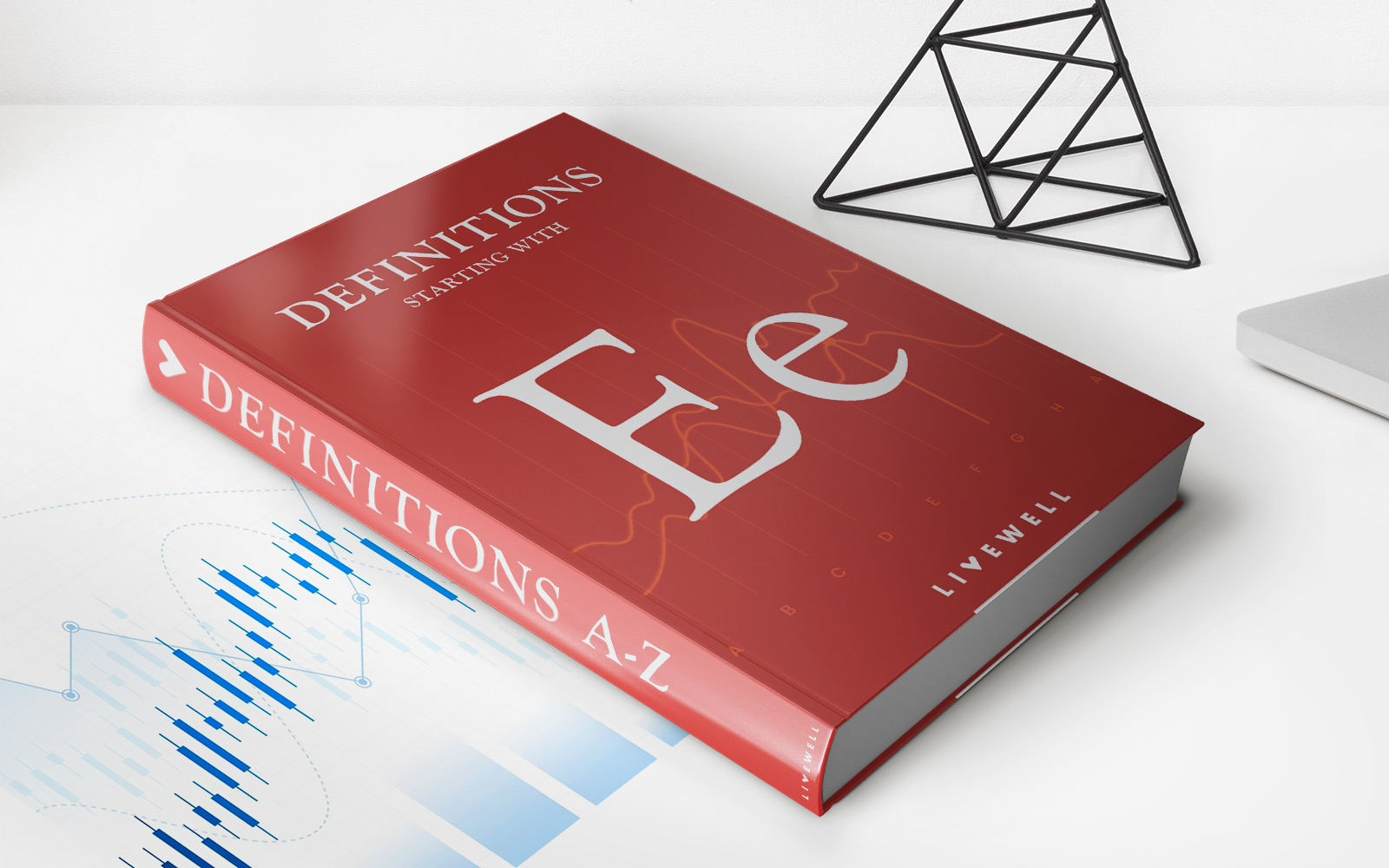

Finance
Exchange Fund: Definition, How It Works, Tax Advantages
Published: November 20, 2023
Discover the benefits of an exchange fund in finance, including its definition, how it works, and the tax advantages it offers. Explore this innovative investment strategy today.
(Many of the links in this article redirect to a specific reviewed product. Your purchase of these products through affiliate links helps to generate commission for LiveWell, at no extra cost. Learn more)
Exchange Fund: Definition, How It Works, Tax Advantages
Are you looking for a smart way to manage your investments and optimize your tax liabilities? If so, then an exchange fund might be just what you need! In this blog post, we will dive into the world of exchange funds, exploring their definition, how they work, and the tax advantages they offer. By the end of this article, you’ll have a clear understanding of exchange funds and why they can be a valuable tool for savvy investors.
Key Takeaways:
- An exchange fund allows investors to pool their appreciated assets and exchange them for shares in a diversified portfolio.
- This strategy allows investors to defer taxes on capital gains while receiving instant diversification in their holdings.
What is an Exchange Fund?
An exchange fund is a specialized investment vehicle that allows individuals with highly appreciated assets, such as stocks, real estate, or even artwork, to pool their holdings together. By pooling these assets, investors can exchange them for shares in a diversified portfolio, often consisting of stocks, bonds, or other securities. This strategy provides a way for investors to diversify their holdings without triggering immediate capital gains taxes.
Exchange funds are typically structured as partnerships, and investors become limited partners in the fund. The assets contributed by each investor are exchanged for shares in the fund, providing them with exposure to the overall portfolio’s performance. By pooling assets, exchange funds can achieve greater diversification than an individual investor might be able to achieve on their own.
How Does an Exchange Fund Work?
The exchange fund process involves several steps:
- Investors with appreciated assets contribute their holdings to the exchange fund.
- The fund manager then exchanges these assets for shares in the diversified portfolio.
- As limited partners, investors now own a fractional interest in the exchange fund’s overall holdings.
- Any income or capital gains generated by the portfolio are distributed to the investors according to their share ownership.
- Investors can choose to hold onto their shares or eventually sell them, potentially triggering capital gains taxes in the future.
It’s important to note that exchange funds often have specific holding periods, typically ranging from 7 to 10 years. During this period, investors are expected to hold their shares in the fund. The holding period is designed to ensure that the tax advantages of the exchange fund structure are maintained.
Tax Advantages of Exchange Funds
Exchange funds offer several significant tax advantages:
- Tax Deferral: By exchanging appreciated assets for shares in the fund, investors can defer paying capital gains taxes on their holdings until they sell their shares in the future. This allows investors to maintain control over their tax liabilities and potentially defer taxes into a lower tax year.
- Instant Diversification: By participating in an exchange fund, investors gain instant exposure to a diversified portfolio. This diversification can help spread risk and potentially improve overall investment performance.
- Estate Planning Benefits: Exchange funds can also be utilized as part of an estate planning strategy. By exchanging highly appreciated assets for shares in the fund, investors can effectively transfer wealth to future generations while minimizing potential estate taxes.
It’s important to consult with a qualified financial advisor or tax professional before considering an exchange fund. They can provide personalized advice based on your specific financial situation and goals.
In conclusion, exchange funds provide a unique and tax-efficient way for investors to diversify their highly appreciated assets while deferring capital gains taxes. By participating in an exchange fund, investors can enjoy the benefits of tax deferral, instant diversification, and potential estate planning advantages. If you have highly appreciated assets and are seeking tax optimization and portfolio diversification, an exchange fund might be worth exploring!

